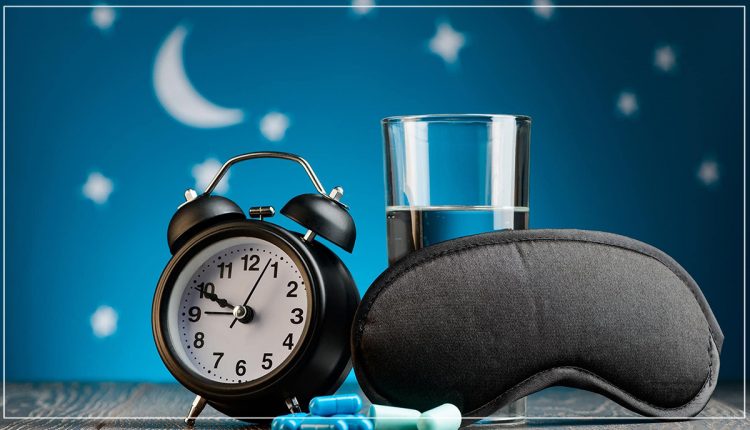
The Importance Of Quality Sleep
In a British study, scientists also found that people who are consistently sleep deprived (defined as sleeping five hours or less a night) are at greater risk for high blood pressure and cardiovascular problems. Insufficient sleep also raises your risk for obesity, diabetes, depression, alcoholism, and automobile accidents. Plus, a 2007 University of California–Berkeley study confirmed the obvious: sleeplessness directly affects areas of the brain that deal with mood and concentration. Hence, quality sleep is an important part of healthy living
According to the National Institutes of Health, the average adult sleeps less than seven hours per night. In today’s fast-paced society, six or seven hours of sleep may sound pretty good. In reality, though, it’s a recipe for chronic sleep deprivation.
If you’re getting less than eight hours of sleep each night, chances are you’re sleep deprived. What’s more, you probably have no idea just how much lack of sleep is affecting you.
How is it possible to be sleep deprived without knowing it? Most of the signs of sleep deprivation are much more subtle than falling asleep during a meeting with your boss. Here are a few pointers to help you understand.
You May Be Sleep Deprived If You:
- Have a hard time getting out of bed in the morning
- Feel lazy in the afternoon
- Get sleepy in warm rooms
- Get drowsy after heavy meals or while driving
- Need coffee to keep you awake
- Have burning eyes
- Fall asleep while watching TV or relaxing in the evening
- Feel the need to sleep in on weekends
- Fall asleep within five minutes of going to bed
While it may seem like losing sleep isn’t such a big deal, sleep deprivation has a wide range of negative effects such as fatigue, lethargy, and lack of motivation, moodiness and irritability, reduced creativity and problem-solving skills, inability to cope with stress, reduced immunity; frequent colds and infections, concentration and memory problems and you gain extra pounds too!!
In need of a good night’s sleep. Here is what you can do to sleep soundly:
Stick To A Sleep Schedule
Go to bed and get up at the same time every day, even on weekends, holidays and days off. Being consistent reinforces your body’s sleep-wake cycle and helps promote better sleep at night.
Don’t Over Eat At Night
You won’t be able to doze off if you are too hungry or too stuffed. Your discomfort might keep you up. Also limit how much you drink before bed, to prevent disruptive middle-of-the-night trips to the toilet.
Avoid Caffeine Intake
Nicotine, caffeine and alcohol deserve caution, too. The stimulating effects of nicotine and caffeine which take hours to wear off can wreak havoc with quality sleep. And even though alcohol might make you feel sleepy at first, it can disrupt sleep later in the night.
Create A Bedtime Ritual
Do yoga and meditation before going to sleep. Relax yourself. Don’t watch TV or party till late night. Read a good book to help you sleep at your right time. Create a room that’s ideal for sleeping. Often, this means cool, dark and quiet. Consider using room-darkening shades, earplugs, a fan or other devices to create an environment that suits your needs.

